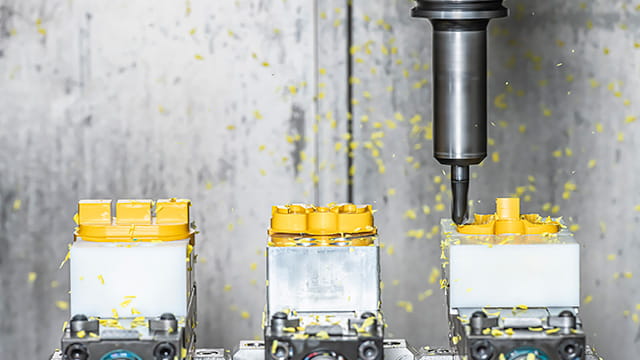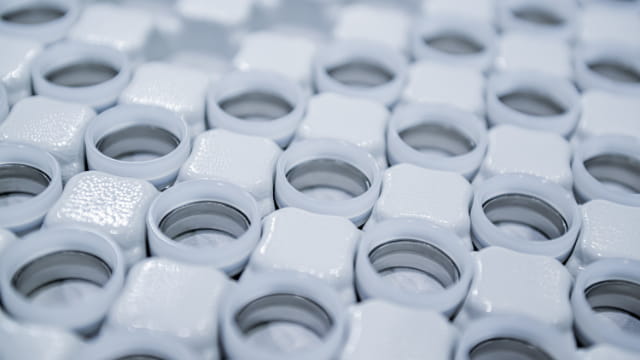Injection molded components are usually ready for immediate use. However, in certain applications, specific post-processing may be necessary to create ready-to-install components that meet the requirements for functionality, dimensional accuracy, appearance and safety.
Ensinger offers a comprehensive range of such after manufacturing services – from CNC machining and surface finishing to assembly.
In addition, customer-specific end-of-line tests such as functional tests, leakage tests and camera-based quality controls can also be carried out.
This means our customers benefit from tested, ready-to-install components – with reduced coordination effort, minimized sources of error and greater process reliability in further processing.
Our capabilities include:
CNC machining,
Various Finishing options,
Assemble and more.

